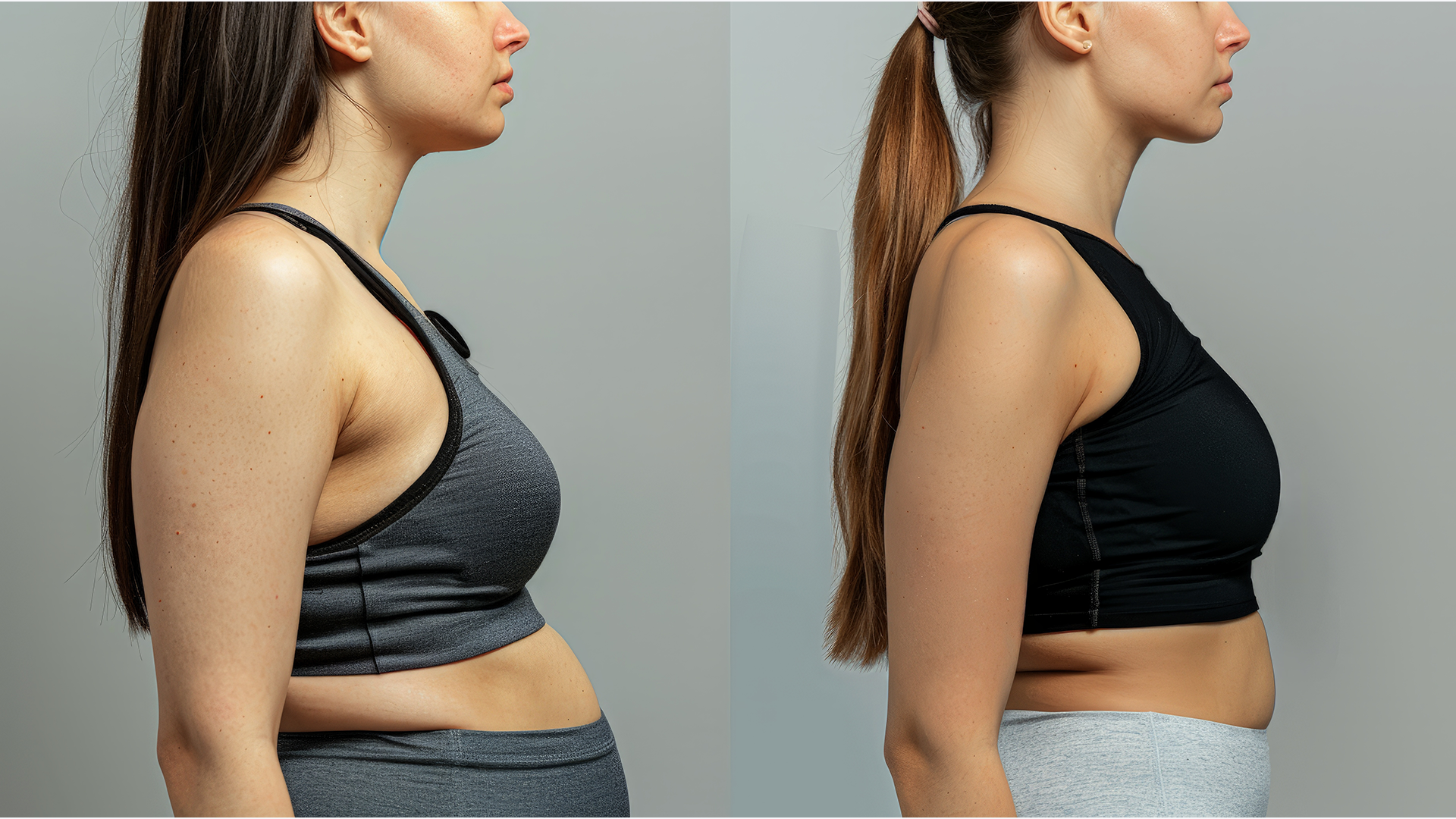Every smart dieter trying to lose weight wants results as quickly as possible. Some turn to extreme diets or exercise routines to do so. However, the age-old adage holds true: If you want to lose weight and keep the number of calories you burn off, keep it off; slowing it is best. But why?
Read on to learn why losing weight takes so long, why the best weight loss takes time and the implications of slow weight loss for future weight maintenance.
Why Losing Weight takes a long time
It’s easy to put weight on, and you can do so quickly. But when it becomes time to take it off, you must be patient.
Weight loss takes time because the body must survive and function during the weight-loss period. If you dramatically cut your caloric intake or otherwise disturb your typical physical environment, your body will probably panic. If you deprive yourself of half the calories you used to eat, your body will only store more calories away, preparing for potential food shortages.
Read: 5 Shocking Reasons You Need To Slim Down Before Middle Age
Because the body is always preserved, losing weight slowly is the key to success. Slow weight loss doesn’t disturb major organ systems or alarm the body to the point of panic.
Moreover, weight loss will depend on a number of factors in your life, including the number of calories you burn. Some of these factors – including sleep, stress, and lifestyle choices like activity – all affect how long weight loss will take. As such, it’s best to strike a slow, steady balance in your weight loss and be realistic with your goals.
So How Long Does it Take to Lose Weight?
Weight loss may vary for each individual depending on a number of factors. It is possible to lose weight in a healthy and sustainable way by creating a calorie deficit, meaning you are burning more calories than you are consuming. This could be achieved by eating more protein to increase your resting energy expenditure, and lean body mass affects the number of calories you burn, or by following a low-calorie diet combined with regular exercise. Changing your diet and lifestyle can also impact how quickly you see results, as certain habits can make you more likely to lose weight faster. However, it is important to remember that weight loss is a gradual process that tells your body to burn stored fat for energy over a period of days and weeks, depending on age and individual circumstances.
Here are some factors to consider when trying to lose weight:
Why slow weight loss is the best weight loss
Fad diets, extreme physical activity, or other drastic, unhealthy measures won’t lead to sustainable weight loss. Instead, they’ll lead to dramatic initial weight loss, followed by dramatic weight gain once you can no longer sustain the diet or exercise routine that produced the initial results.
Slow, calculated weight loss that works with the body rather than against it is the simplest, most logical way to sustain weight loss and keep the weight off. Moreover, slow weight loss, approximately 0.5 to 1 kilo per week, is a great way to keep morale high without sacrificing your ability to make it through the day, play with your children, or excel at your job.
Read: 5 Signs You’re Not Getting Enough Vitamin B12
No weight loss is worth a sacrifice that makes it difficult to function. By balancing a healthy diet and exercise, you can achieve the results you want – and keep them.
Factors affecting weight loss
Factors affecting weight loss can vary greatly from person to person. One of the main factors is the type of diet an individual follows. Consuming a diet high in processed food can make it hard to lose weight as these foods are often high in calories and low in nutrients. Additionally, not getting enough physical activity can also hinder weight loss.
To lose fat, you need to create a calorie deficit by consuming fewer calories than you burn through expenditure. Exercise can help with this process by increasing your calorie expenditure. Research shows that rapid weight loss is not sustainable in the long run and that the calorie deficit for fat loss should be moderate. Lifestyle changes such as incorporating more physical activity and following a balanced weight loss diet recommended by a registered dietitian can be more effective for long-term weight loss.
Some medical conditions can also affect your weight loss journey. Factors such as body mass and weight may affect weight loss. Bariatric surgery is an option for individuals with a high body mass index who struggle to lose weight. Losing weight too quickly can have negative effects on your health and metabolism. It's important to focus on slow and steady weight loss to ensure that your body gets the nutrients it needs while shedding excess weight. How long it takes you to lose weight will depend on various factors, but the key is to be patient and consistent in your efforts.
Overall health and lifestyle
Overall, health and lifestyle are closely tied to our daily habits and choices. When it comes to promoting weight loss, it's important to focus on creating a balance between calorie intake and energy expenditure. A highly processed diet can often lead to consuming more calories than the body needs, resulting in losing weight too quickly and potential muscle loss. Research has found that regular exercise is key in helping you lose weight and maintain a moderate weight over time. If you're looking to weight fast, it's crucial to do so in a way that doesn't sacrifice your health or muscle mass.
Creating an individualized weight loss plan based on your starting weight, average weight, and weight loss progress is essential for long-term success. Highly processed foods can harm your health conditions and hinder your weight loss progress, number of calories, and overall health. Weeks you may lose weight quickly, but it's important to focus on sustainable habits that will support your overall health.
The best diet for weight loss
There’s no single best diet for weight loss, as it ultimately depends on the individual and their specific goals. However, a common strategy is reducing your calorie intake to lose weight. You can make weight loss possible by consuming fewer calories per day than your body needs. Additionally, incorporating exercise into your routine can help you lose weight and build muscle, improving your body composition.
While it’s important to maintain weight loss for the long term, it’s also crucial to keep weight off to prevent weight regain. Strength training can help with this by increasing your resting metabolic rate and reducing fat stores. Even if you’re trying to lose weight to manage conditions like type 2 diabetes, it’s essential to pay attention to the number of calories you’re not eating.
Reasons your weight loss progress may stall could be due to underestimating how many calories you need to take to lose an amount of weight or how long it takes to reach your goals. Just as diet with exercise is important for weight loss, so is paying attention to the types of foods you’re consuming.
Many calories come from sources that can hinder your progress, even if you’re regularly working out. Exercise alone might not be enough to help you meet your weight loss goals, as your diet also plays a crucial role in achieving success. By consuming fewer calories and focusing on whole foods, you can better control your fat mass and improve your overall health.
Get PhenQ and burn fat faster!
Though you shouldn’t turn to traditional diet pills for weight loss, as many pose the same problems as fad diets, you can use a natural weight loss supplement, like PhenQ, to get results faster. PhenQ burns fat, boosts energy, and suppresses your appetite, making it simple to stay on track with all of your healthy habits!
Related: Noom Vs. Weight Loss Pills
It isn’t enjoyable to wait for weight loss, but it’s the best way to achieve your weight loss goals and maintain your results for years to come!





